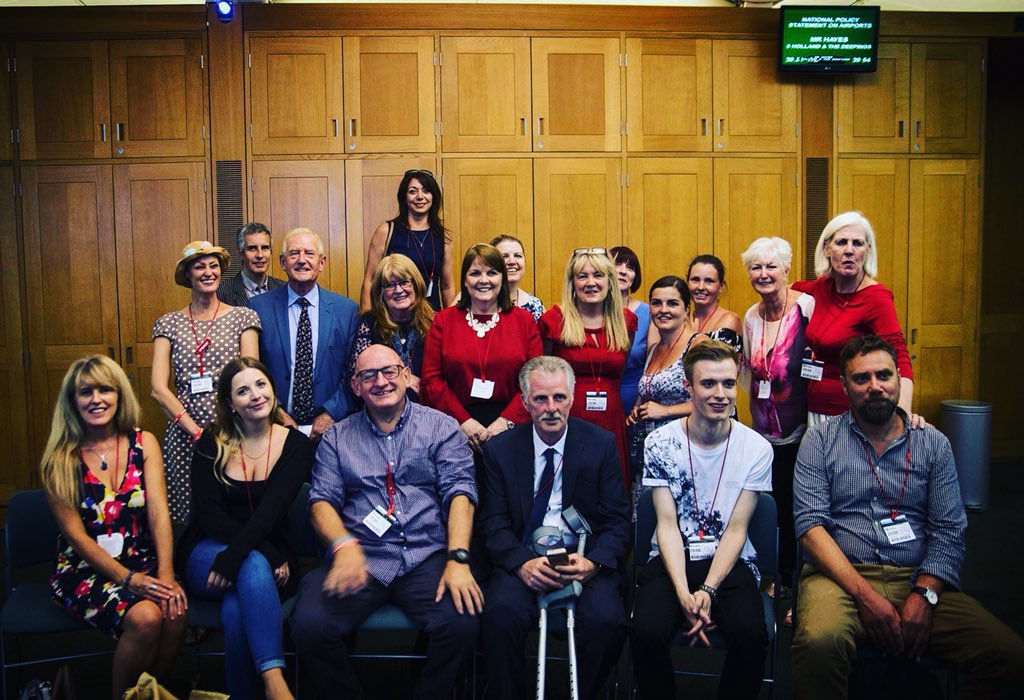Seasons’ greetings from the Justice Gap. Thanks to everyone who has contributed to and otherwise supported the site over the last 12 months.
Next year we have a new issue of Proof magazine out in February. I’m grateful to Professor Claire McGourlay and Manchester University for sponsoring and making it possible. I am also grateful to Dr Brian Thornton and Dr Alan Grattan, co-directors of Winchester University’s Crime and Justice Research Centre for their continued support and to Dr Lucy Welsh and the Crime Research Centre at Sussex University. You can buy Proof here.
Justice in a time of Austerity is an ongoing Justice Gap project that I’m undertaking with Dr Dan Newman of Cardiff University. Thanks to Dan, Cardiff Uni and the City law firm Ashurst for their backing.
A highlight for me last year was the publication of my latest book Guilty Until Proven Innocent: The crisis in our justice system. Each chapter featured a a case of serious injustice. Nearly all of the families that featured in the book attended the Westminster launch which was hosted by Barry Sheerman MP – see the main picture.
Thanks to my publishers Biteback Publishing. I’m also grateful to Rod Hayler and David Osborne of Old Bailey Solicitors and Kim Evans – without their support, the project wouldn’t have got off the ground. It meant a huge amount to me that Michael Mansfield QC who has acted in so many landmark miscarriage of justice cases wrote the foreword. Thanks also to Nexus Chambers for their help with the launch.
Finally, a big thanks to the Justice Gap team for their support. It is an ever-changing cast of volunteers including commissioning editor Will Bordell, Calum McCrae, Charlotte Hughes and Hannah.
Below are some highlights from the last 12 months.
Happy new year,
Jon
DECEMBER
Christmas at the foodbank
Jon Robins shadowed solicitor Sophie Earnshaw at a legal advice clinic at Hammersmith and Fulham Foodbank. In the six months up to the end of November, Hammersmith and Fulham Foodbank fed 7,342 people compared to 6,376 last year and 3,317 the previous year. More here.
Jon wrote about meeting meet Asma, a 33 year old woman from Algeria with three children under the age of 16. ‘I haven’t received any money for three months. I’m living off food vouchers,’ she said. Earlier this year, her husband threatened to kill her, not for the first time. She has been living in a women’s refuge ever since.
She hadn’t a penny to live on: her housing benefit is paid directly to the refuge; her husband receives the child benefit and, the final straw, she has now been refused universal credit.
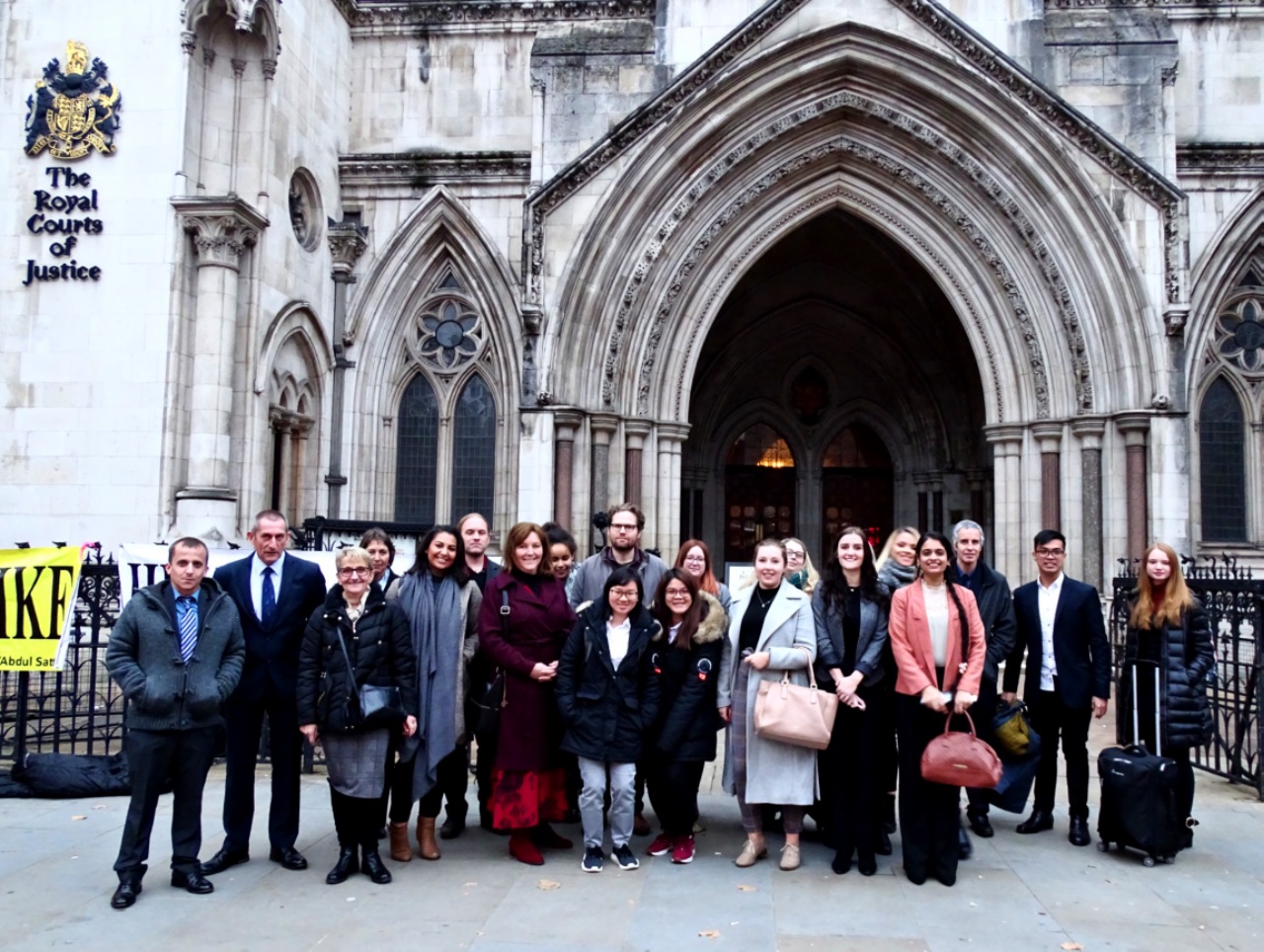 ‘Gareth can spend his first Christmas planning to rebuild his life after 10 terrible years’
‘Gareth can spend his first Christmas planning to rebuild his life after 10 terrible years’
Cardiff University law students and academics have helped to quash the wrongful conviction of Gareth Jones who served three-and-a-half years of a seven-year prison sentence.
‘We can spend his first Christmas in more than a decade knowing that he was the victim of an unfortunate set of circumstances. Let’s continue to acknowledge this failing of any system involving human beings, and be more ready to embrace and correct errors, as this court has done today.’
Professor Julie Price, Cardiff Law School Innocence Project
 A great British injustice: the Maguire Seven revisited
A great British injustice: the Maguire Seven revisited
Alastair Logan OBE, the lawyer who represented the Guildford Fur and Maguire Seven, recalls a miscarriage of justice which sent shockwaves through the criminal justice system still being felt to this day.
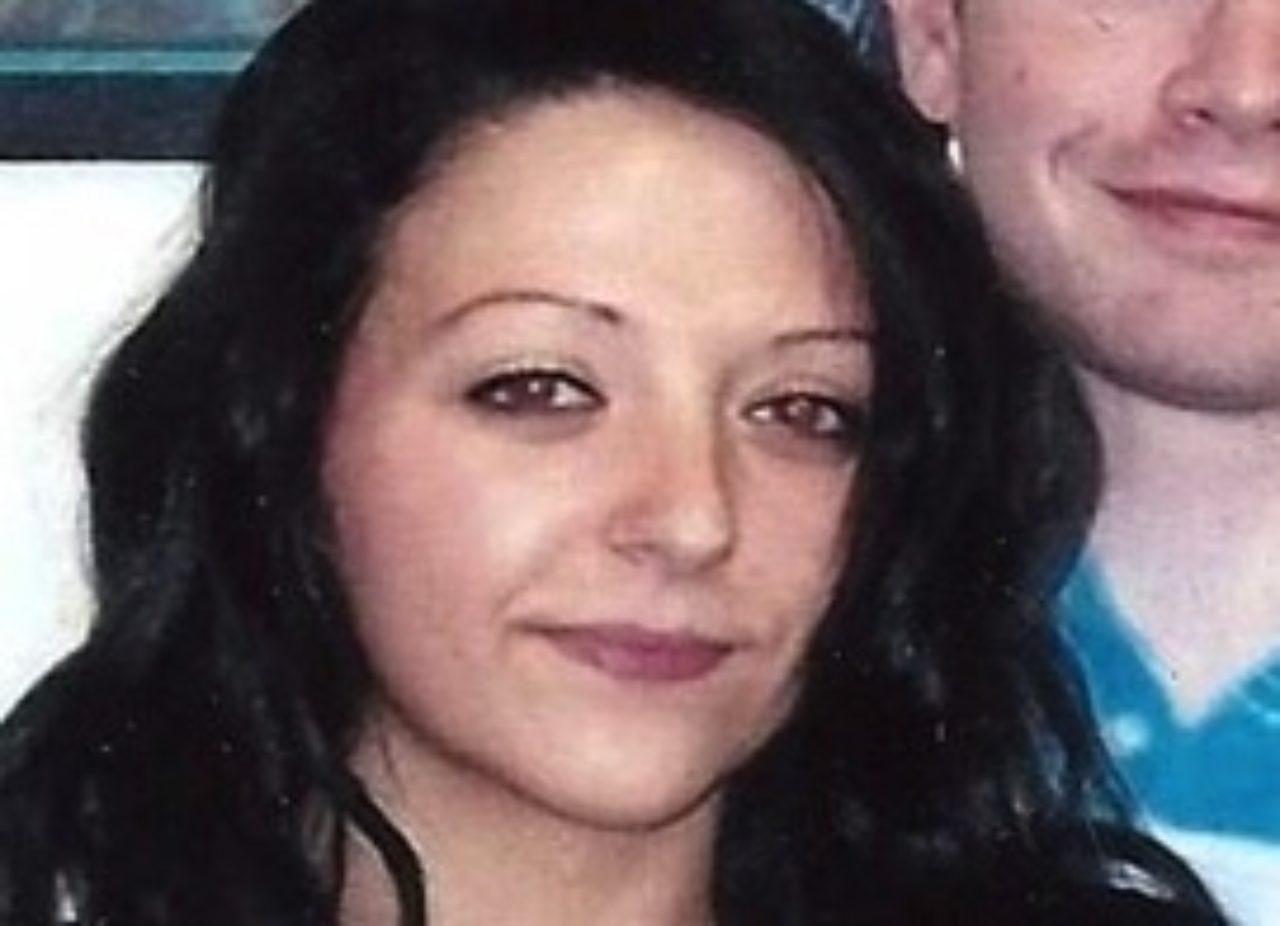 NOVEMBER
NOVEMBER
‘Joint enterprise exposes all that is wrong with our justice system’
Prof Felicity Gerry QC wrote about the disturbing case of Laura Mitchell dismissed at the end of the year to the surprise of campaigners following an unsuccessful referral from the Criminal Cases Review Commission.
‘Joint enterprise exposes all that is wrong with our justice system and we, as lawyers, are forced to take opportunities to assist campaigners rather than see our justice system function fairly.’
Prof Felicity Gerry QC
 OCTOBER
OCTOBER
UNJUST podcast: ‘Clearly not disclosable’
Calum McCrae investigated the disclosure scandal in a podcast which featured interviews with Liam Allan, Michael O’Brien and others. You can watch the UNJUST podcast here.
Selling off our courts is like selling off the family silver
‘My local court is closing for the third time,’ wrote Sue James from Hammersmith and Fulham Law Centre. ‘It’s hard not to take it personally. I don’t want it to close, as my work got transferred there just two years ago, when Hammersmith Court was shut. But the decision has been made. Meanwhile Hammersmith Court, newly built, still stands empty – now used for filming court room scenes.’
 SEPTEMBER
SEPTEMBER
Killed by injustice
Natalie Smith recalled the legacy of Mahmoud Mattan, the first case referred by the Criminal Cases Review Commission.
‘On Mattan’s gravestone his family inscribed, ‘killed by injustice’ and so he was. A murder investigation is incredibly difficult and there is a great pressure on the state to find the killer… [The police] dismissed the importance of evidence which undermined their case and failed to give the defence or jury an opportunity to consider it either. In that moment the integrity of the criminal justice system was undermined and through that small opening a great sin entered. Mahmoud’s case remains important because those same pressures still exist today.’
Natalie Smith
 Journal shut down prior to publication of ‘shaken baby’ issue
Journal shut down prior to publication of ‘shaken baby’ issue
When the editors of Prometheus received word in mid-July that its publisher would be dropping the academic journal, they were baffled – wrote Will Bordell.
Problems had arisen over an issue covering shaken baby syndrome, one of the most controversial intersections of law and medicine. With immediate effect, an academic publication that aimed to ‘challenge prevailing views’ and ‘encourage debate’ for 40 years had been axed. (Pic: detail from Prometheus Brings Fire by Heinrich Friedrich Füger). More here.

‘Justice in a time of austerity’
Dr Daniel Newman introduced a new Justice Gap series: Justice in a time of Austerity.
‘The disastrous impact of austerity on the English justice system is increasingly being recognised,’ Newman wrote. ‘It is becoming impossible to deny that justice is in crisis; an under-funded, declining institution whose problems disproportionately affect the disadvantaged and most marginalised in society.’
‘This degradation of justice is why we are about to launch our new research project. We are looking at the civil justice system of England and Wales; how it has been damaged by cuts in legal aid brought about by the coalition government in the name of austerity, and how this impacts on the people who use it today.’
Dr Daniel Newman
This project is a collaboration with Cardiff University and the Justice Gap supported by Ashurst.
AUGUST
Offline whilst new Justice Gap site was built.
JULY
‘Guilty Until Proven Innocent’ book launch report
‘Momentum is growing all the time. We now need to launch a commission on miscarriages of justice so we are no longer a talking shop,’ said Barry Sheerman MP at the Westminster launch of Jon Robins’ new book Guilty Until Proven Innocent. Report by Charlotte Hughes.
‘I might be out of prison but I’m not free,’ Eddie Gilfoyle told the meeting. The 55-year old man was jailed for life in 1993 for the murder of his eight-and-a-half months’ pregnant wife and has been protesting his innocence for more than a quarter of a century.
Gilfoyle received a standing ovation for the first public speech he had given since he was released from prison in 2010. ‘I cannot have a normal life,’ Gilfoyle told the audience of MPs, lawyers, journalists and campaigners. ‘I do not know what a normal life is any more. Even if I cleared my name the damage done to me and my family is irreparable.’
‘It’s not a sign of weakness to recognise fallibility. It is actually the sign of a system that works. And this is a system that isn’t working. The safety net that we thought we put in place after the Birmingham Six isn’t there.’
Jon Robins
 From a butcher’s shop to the Tory cuts
From a butcher’s shop to the Tory cuts
Oliver Subhedar looked at the radical history of North Kensington Law Centre.
‘There are two standards of law, one for the rich and one for the poor. We give first place to the poor client.’
Peter Kandler talking in the World in Action
 JUNE
JUNE
‘It’s a question of who is more believable in court. That’s scary’
‘I used to want to be part of the system but I don’t want to be part of a culture that treats somebody like this,’ Liam Allan told Calum McCrae.
‘When people think of Liam Allan, the ongoing disclosure scandal springs to mind. He has become an unwilling poster boy for the falsely accused. I see Allan as a fellow 23-year-old University of Greenwich student who, through no fault of his own, has been through an horrendous experience and become the focus of unwanted attention.’
 MAY
MAY
Nick Hardwick interview: ‘If you don’t like the heat…’
‘If you don’t like the heat, don’t go into the kitchen,’ the sacked chair of the Parole Boardtold Hardeep Matharu when asked how it felt to be pushed.
‘I imagined a scenario like this. I thought it would be after we released somebody who committed a serious further offence. ‘I think the Justice Secretary thought his position might become untenable and the way to avoid that was to get rid of me. I don’t think it’s the right decision, but that’s how politicians are.’
 ‘I’m out – but everyone else is still suffering’
‘I’m out – but everyone else is still suffering’
John Crilly became the first successful ‘joint enterprise’ appeal since the Supreme Court ruled that the law had taken ‘a wrong turn’. ‘Of all the cases I have known and heard about, I felt that I wasn’t the worthy one,’ he told Jon Robins.
Crilly, a heroin addict with a long history of previous convictions prior to being sent down for murder, compared his state of mind to ‘survivor’s guilt’. ‘I’m out but everyone is still suffering. It’s just horrendous. As far as I am concerned the issue has always bigger than me. It’s about the principles.’
During his time at HMP Grendon, Crilly wrote a letter addressed to ‘Manchester Crown Court’. He wanted to extend an invitation to the judge who sent him down for murder to see if he would visit him on a social day. Rather amazingly, Sir Brian Leveson, currently president of the Queen’s Bench Division, took him up on his offer.
APRIL
 Windrush scandal: ‘The PM can’t say she wasn’t warned.’
Windrush scandal: ‘The PM can’t say she wasn’t warned.’
‘Today, they are known as the Windrush Generation, and thanks to the tireless work of Guardian journalist Amelia Gentleman, their heartbreaking stories have led every news bulletin for the past week,’ wrote Fiona Bawdon. ‘As I write, media interest in the devastating impact on these long-term lawful Commonwealth migrants of Theresa May’s hostile environment shows little sign of abating.’
‘None of this is new or surprising – and the prime minister cannot claim she wasn’t warned,’ Bawdon wrote. Four years ago, the journalist’s ‘Chasing Status’ report, published by the Legal Action Group, reported on ‘the likes of Anne Marie, Aubrey, Lasith, Sam, Henry and Edward, who had arrived here as children and, between them had lived in the UK for 260 years and had never before questioned their Britishness. Now in their 50s and 60s, their lives had been turned upside when they were suddenly being asked to produce proof of their immigration status.’ Read more here.
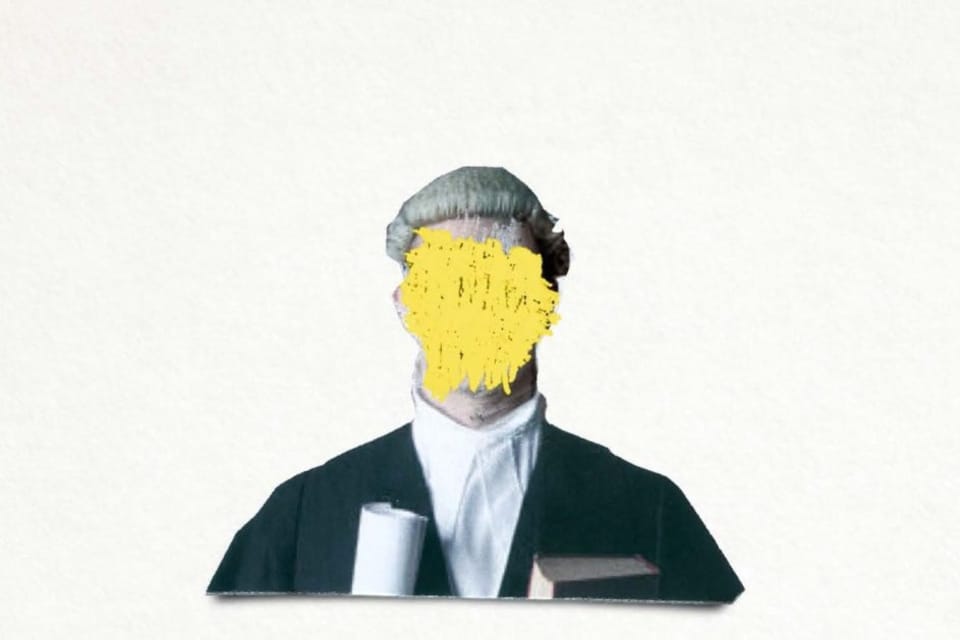 We are all the Secret Barrister
We are all the Secret Barrister
‘”Pile-em-high-sell-em-cheap” are the imperatives. Justice and humanity get squeezed out.’ Francis FitzGibbon QC reviewed The Secret Barrister: Stories of the law and how it is broken. ‘Anonymous it may be, but I and every criminal advocate are the Secret Barrister – just as 10,000 Roman slaves are all Spartacus,’ the barrister wrote.
You can also read an interview with SB here. ‘Chris Grayling’s worst policy? It’s difficult to alight on just one,’ s/he said.
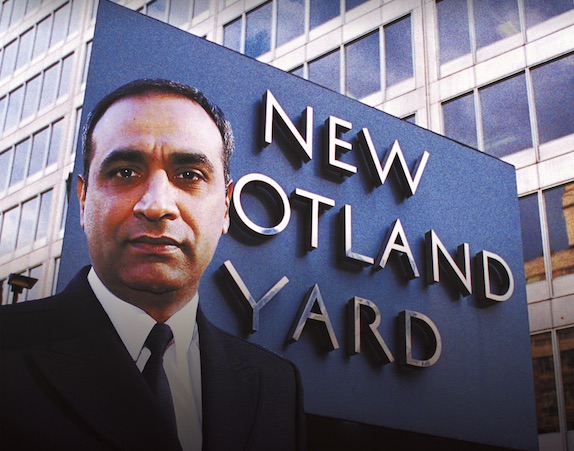 ‘On paper, the system is right. In reality, it’s corrupt and unfair’
‘On paper, the system is right. In reality, it’s corrupt and unfair’
Will Bordell interviewed retired detective sergeant Gurpal Virdi three years after a jury found him innocent of sexually assaulting a 16-year-old in the back of a police van. ‘People have to know the truth,’ Virdi said. Read Will’s interview here.
The Tory MP Sir Peter Bottomley has called for an investigation into the Gurpal Virdi case in relation to false accusations, causing the waste of public funds and perjury in court.
 FEBRUARY
FEBRUARY
The Rotherham 12
Vakas Hussain on a tale of ’12 Pakistani men fighting institutional racism. ‘You can be forgiven if you thought the reference to 12 Pakistani men from Rotherham related to a trial involving allegations of child sexual exploitation,’ Hussain began.
Instead, he was writing about the dozen men charged with violent disorder after they defended themselves against a group of far-right racists. The acquittal of these men raises more questions than the answers it provides,’ he argued. ‘There is something about the case and the approach of South Yorkshire Police that leaves a really nasty lingering taste… .’
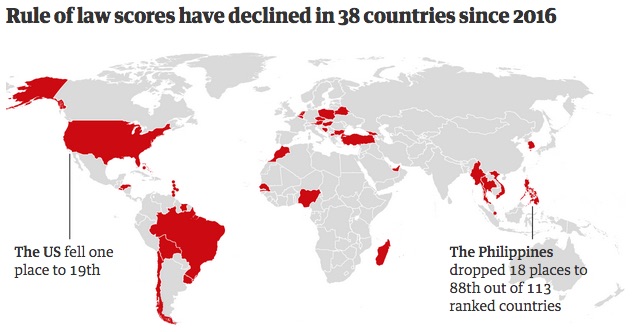 JANUARY
JANUARY
Inequality and legal aid
Almost one-third of people with legal problems in the UK suffer a stress-related or physical illness as a result, according to research comparing perceptions of justice around the world. Thirty-one percent of UK respondents who have experienced a legal issue over the past two years said they had developed some form of illness as a result, the same figure as Canada and 1% higher than the United States.
The survey, produced by the World Justice Project, also revealed that, of those who had experienced any kind of legal problem, one in 10 respondents from the UK suffered a relationship breakdown and nearly one in five lost their job, faced financial strain or were forced to relocate.
The Justice Gap worked with the World Justice Project and The Guardian’s Inequality Project. You can read Will Bordell’s report here.
